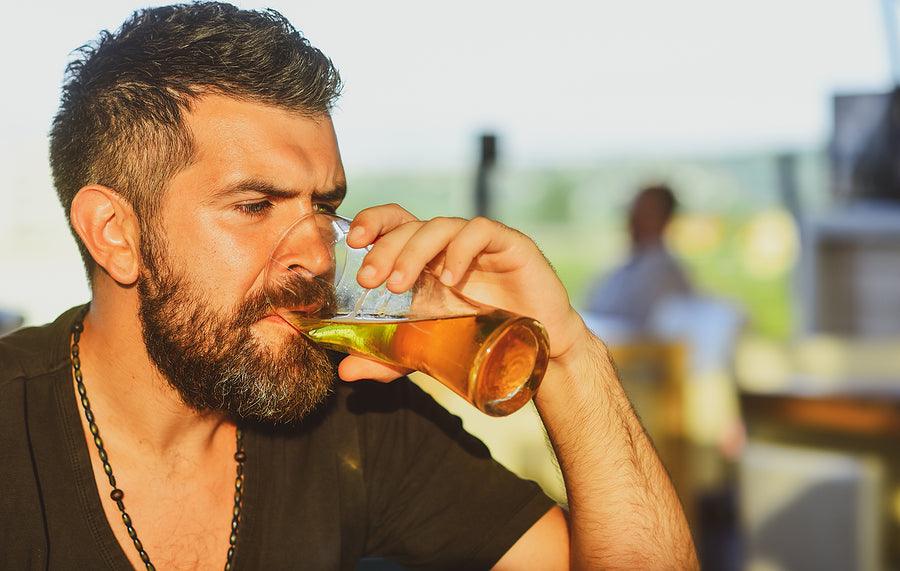
Most people who embark on Dry January have strong intentions to go the whole month without touching a drop of alcohol, but if you have a slip up, you shouldn’t regard yourself as a failure.
This is the advice of addiction specialist Dr Brian Hurley, who reassured those quitting booze: “It certainly doesn’t mean all is lost.”
The president-elect of the American Society of Addiction Medicine’s words could be particularly relevant to some of the 7.9 million people currently taking part on the month-long sobriety pledge this month, who might be struggling with the abstinence three weeks in.
Though nearly one-fifth of adults who normally drink alcohol committed to giving it up in January, it is likely many have fallen off the wagon at least once by now.
However, Dr Hurley told NBC News: “People can absolutely get back on track.”
“I wouldn’t look at slipping up as being unusual or representing a failure in any way,” he said, adding: “I might think about it as part of learning. So if someone had intended to not drink during the month of January, and there was a situation in which they drink, that’s a learning opportunity.”
Instead, they can work out how to avoid that situation for the rest of the month or make sure they have alternative beverages with them, so they aren’t tempted to have the beer, wine or cocktail they are being offered.
Indeed, having a supply of non-alcoholic beer with you at parties or social events is a great way to resist temptation, and can make you feel like you are enjoying a tasty drink without the alcoholic content.
Although everyone has the right to turn down booze, data from Alcohol Change UK, the charity behind Dry January, revealed men feel more guilty about it than women.
A survey showed 22 per cent of sober men feel uncomfortable in social situations that involve alcohol, while this falls to 16 per cent of ladies. It also found that almost one in five (18 per cent) of guys feel judged by their friends for not drinking compared with 12 per cent of women.
This feeling is one 26-year-old Josh from North London can relate to, telling Joe.com he used to hide his sobriety from his friends for years.
“I used to order two alcohol-free beers and pour them into a pint glass,” he admitted, adding: “It’s so you can get away with being ‘just one of the lads’.”
This ‘sober shame’ is down to ‘pack mentality’, Josh claims, stating people want everyone to be drinking together and when one ditches booze “you’ve gone and defected”.
Despite this, guys and girls should not be deterred from sticking to their goals and completing the month alcohol-free as best they can, as there are so many advantages of doing so.
After just a month, these benefits include lowering blood pressure, reducing cholesterol, cutting diabetes risk, and limiting levels of cancer-related proteins in the blood, according to research by the Royal Free Hospital.
Therefore, those who might have had a glass or two should still be proud of their achievement and carry on with their endeavour. George Koob, director of the National Institute on Alcohol Abuse and Alcoholism, said this is part of the process of evaluating their relationship with booze, stating: “Go around the obstacle at that point and see if you can sustain a little longer the next time.”
